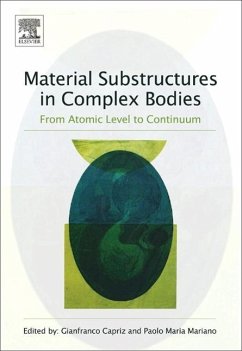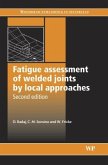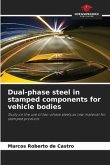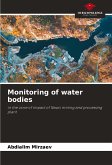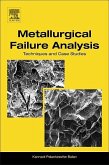Stringent industrial requirements for sophisticated performance and circumstantial control of microdevices or nanotechnology manufacturing, and other types of machinery at multiple scales, require complex materials. The adjective 'complex' indicates that the substructure influences gross mechanical behaviour in a prominent way and interactions due to substructural changes are represented directly. Examples are liquid crystals, quasi-periodic alloys, polymeric bodies, spin glasses, magnetostrictive materials and ferroelectrics, suspensions, in particular liquids with gas bubbles, polarizable fluids, etc.
The mechanical behaviour of complex bodies described in this book gives rise to a wide variety of challenging problems from the macroscopic- to the nano-world. The chapters composing this book explore various aspects of these problems, giving rise to new areas of discussion together with specific solutions.
Contributors are Carlo Cercignani, Gianfranco Capriz, Pierre Degond, Antonio Fasano, Harley T. Johnson, Sukky Jun, Krishna Kannan, Wing Kam Liu, Alberto Mancini, Paolo Maria Mariano, Ingo Müller, Kumbakonan R. Rajagopal, Jan Jerzy Slawianowski.
Material Substructures in Complex Bodies will be a useful tool for researchers and students working on the basic mathematical and physical problems accruing from the mechanics of materials.
The mechanical behaviour of complex bodies described in this book gives rise to a wide variety of challenging problems from the macroscopic- to the nano-world. The chapters composing this book explore various aspects of these problems, giving rise to new areas of discussion together with specific solutions.
Contributors are Carlo Cercignani, Gianfranco Capriz, Pierre Degond, Antonio Fasano, Harley T. Johnson, Sukky Jun, Krishna Kannan, Wing Kam Liu, Alberto Mancini, Paolo Maria Mariano, Ingo Müller, Kumbakonan R. Rajagopal, Jan Jerzy Slawianowski.
Material Substructures in Complex Bodies will be a useful tool for researchers and students working on the basic mathematical and physical problems accruing from the mechanics of materials.

